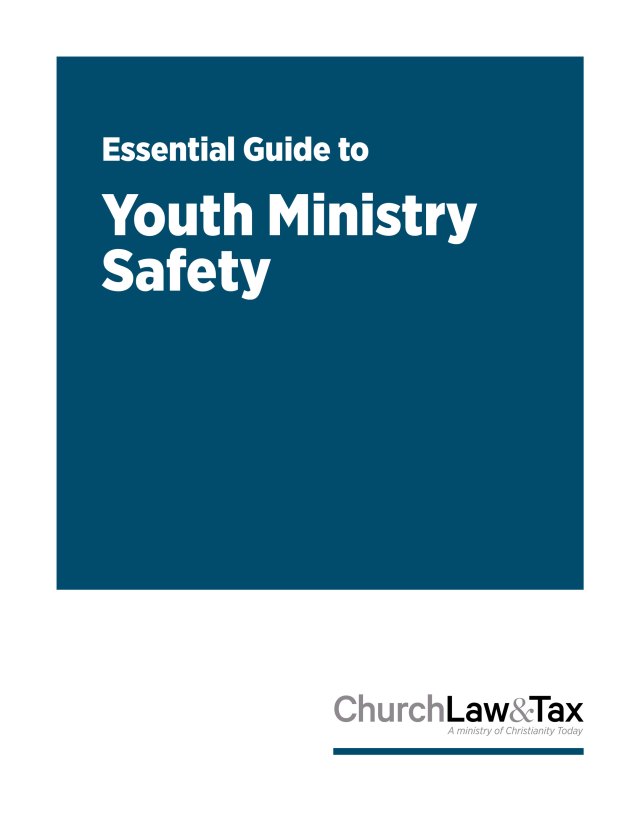Key point 10-16.7. A liability insurance policy provides a church with a legal defense to lawsuits claiming that the church is responsible for an injury, and it will pay any adverse settlement or judgment up to the limit specified in the policy. Liability insurance policies exclude a number of claims. For example, some policies exclude injuries based on criminal or intentional acts and claims for punitive damages. A church has an obligation to promptly notify its insurer of any potential claim, and to cooperate with the insurer in its investigation of claims.
A New Jersey federal court ruled that a church's insurance policy did not provide payment of defense costs or any settlement or judgment in a lawsuit brought against a minister for a sexual affair with a female member of his church. A minister became acquainted with a married couple in his church. He engaged in an extra-marital affair with the wife, and after several months, she raised thoughts about ending her ten-year marriage. Thereafter, the husband, who knew nothing of the affair, met with the minister for guidance regarding his marriage problems. During the meeting, the minister failed to disclose the affair to the husband, and directed him not to make any further effort to save his marriage and to accept his wife's decision to seek a divorce.
A few weeks after this meeting, the husband discovered the affair, confronted his wife, and informed the minister of his discovery via text message. A year later the husband sued the minister for breach of fiduciary duty and negligent infliction of emotional distress. Specifically, the husband argued that (1) the minister had an irreconcilable conflict of interest in providing marriage counseling to him due to the affair; (2) the minister used the counseling relationship with the wife as a vehicle to "cover up" the affair; and (3) the minister failed to refer the husband to another minister for counseling.
The minister submitted the husband's lawsuit to the church's insurance company with a request that it provide a defense and indemnification for the claims made against him. The insurance company later sent the minister a "no coverage" letter in which it expressed its conclusion that the underlying insurance policy provided no coverage to the husband's claims against the minister. The minister then sought a "declaratory judgment" from a federal district court addressing the issue of coverage.
The relevant "Counseling Professional Liability Coverage" provision in the church's insurance policy provided coverage for injuries (other than sexual misconduct) caused by a "counseling incident" occurring during the policy period (emphasis added). The church purchased a "prior acts" endorsement to its policy that covered a counseling incident prior to the policy period so long as the church was without knowledge of the incident. The court concluded that the sexual affair predated the coverage period of the church's underlying insurance policy, and so there was no coverage for the claims against the minister. Further, the endorsement did not provide for coverage since the affair was known prior to the date the coverage was obtained.
What This Means For Churches:
Church leaders should be familiar with the terms, conditions, and exclusions in their insurance policies to ensure that they provide adequate coverage and any deficiencies can be addressed. Drew v. Insurance Company, 2014 WL 2436273 (D.N.J. 2014).




